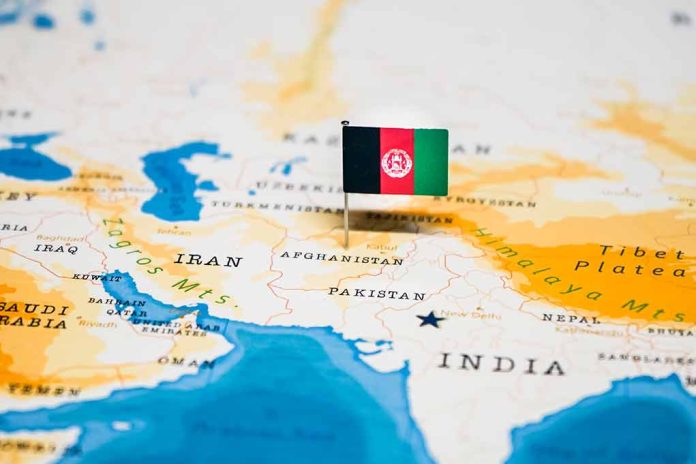
Sher Abbas Stanikzai’s vocal opposition to the Taliban’s education policies has resulted in his unexpected relocation to the UAE, raising questions about the group’s internal cohesion.
Key Takeaways
- Senior Taliban minister Sher Abbas Stanikzai fled Afghanistan amid fears of arrest after condemning the group’s ban on female education.
- Stanikzai publicly criticized the ban, asserting it contradicts Sharia law, affecting 20 million Afghan girls and women.
- His departure marks the first significant public dissent against the Taliban’s strict education policies.
- The Taliban leadership is facing growing internal rifts concerning the education prohibition.
- Mohammad Nabi Omari, another Taliban minister, emotionally opposed the ban, advocating for both religious and modern sciences education.
Sher Abbas Stanikzai’s Defiance
Sher Abbas Stanikzai, a senior member of the Taliban and their political deputy at the foreign ministry, has openly criticized the Taliban’s ban on female education. The prohibition prevents Afghan girls from receiving education beyond the sixth grade. Stanikzai stated that this policy was not in alignment with Sharia law and has been detrimental to 20 million Afghan women and girls.
This outspoken stance led to tensions within the group. Taliban supreme leader Hibatullah Akhundzada reportedly ordered Stanikzai’s arrest and placed a travel ban on him. In anticipation, Stanikzai sought refuge in the United Arab Emirates, citing health reasons for his abrupt departure. His decision to relocate underscores the increasing internal divisions over education policies.
Internal Rifts Emerge
Stanikzai’s remarks have sparked broader discussions within Afghanistan about the Taliban’s education policies. His comments made during a graduation ceremony in Khost province are the first public signs of dissent. “There is no excuse for this – not now and not in the future. We are being unjust to 20 million people,” he remarked, challenging the group’s entrenched ideologies.
The Taliban’s leadership now faces a challenging predicament as it grapples with balancing its traditional beliefs with evolving societal expectations. Reports indicate a growing rift within the leadership, which contrasts the power centers in Kabul and Kandahar and the United States’ Special Inspector General for Afghanistan Reconstruction (SIGAR) has noted internal talks about the controversial education ban.
Voices for Education
Mohammad Nabi Omari, the Taliban deputy minister of interior, has also voiced opposition to the education ban. In a public gathering, he emotionally decried the policy. “All I know is that even if [girls’ education] is not a religious obligation or tradition, it is at least permissible,” he stated, suggesting that both religious studies and modern sciences should be accessible.
Omari’s sentiments reflect a hope for more inclusive education opportunities. The international community closely watches these developments, looking for signs of the Taliban’s willingness to adapt and align with global calls for educational equality. While internal rifts suggest potential changes, only time will reveal the true direction of Afghanistan’s education policies.
Sources
1. Taliban minister who publicly opposed girls’ education ban ‘flees’ Afghanistan
2. Taliban minister ‘forced to flee Afghanistan’ after speech in support of girls’ education














